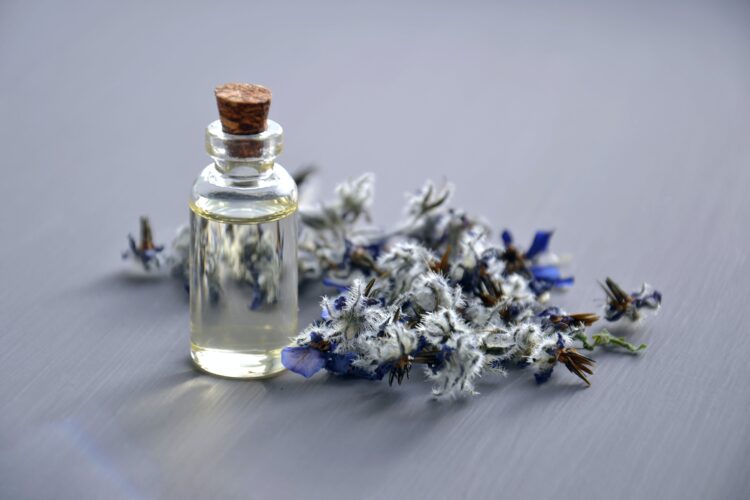In an age where the world is turning back to nature for sustainable solutions, healthcare and self-care are witnessing a resurgence of interest in natural ingredients. From ancient remedies to modern holistic approaches, natural ingredients offer a treasure trove of benefits for DIY home remedies and self-care routines.
Natural Ingredients For DIY Home Remedies:
1. Aloe Vera

Aloe Vera, renowned for its soothing properties, is a staple in skincare. Its gel aids in healing burns, moisturising skin, and reducing inflammation, making it a go-to ingredient for sunburn relief and wound healing.
2. Honey
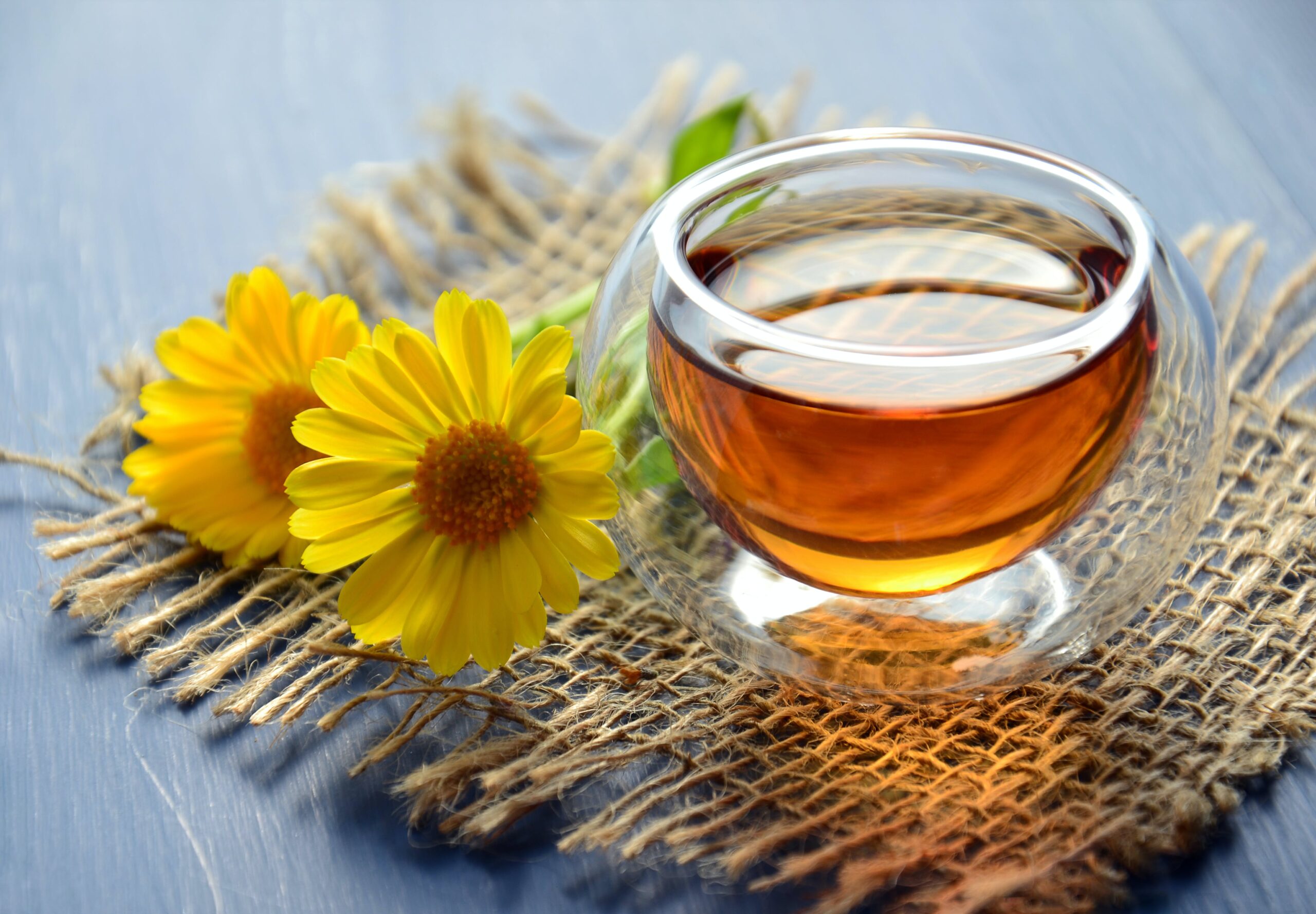
Nature’s sweet elixir, honey, isn’t just a tasty treat. Its antibacterial properties can help treat wounds, soothe sore throats, and be a natural cough suppressant. Raw honey’s enzymes and antioxidants also make it a fantastic addition to skincare routines.
3. Turmeric
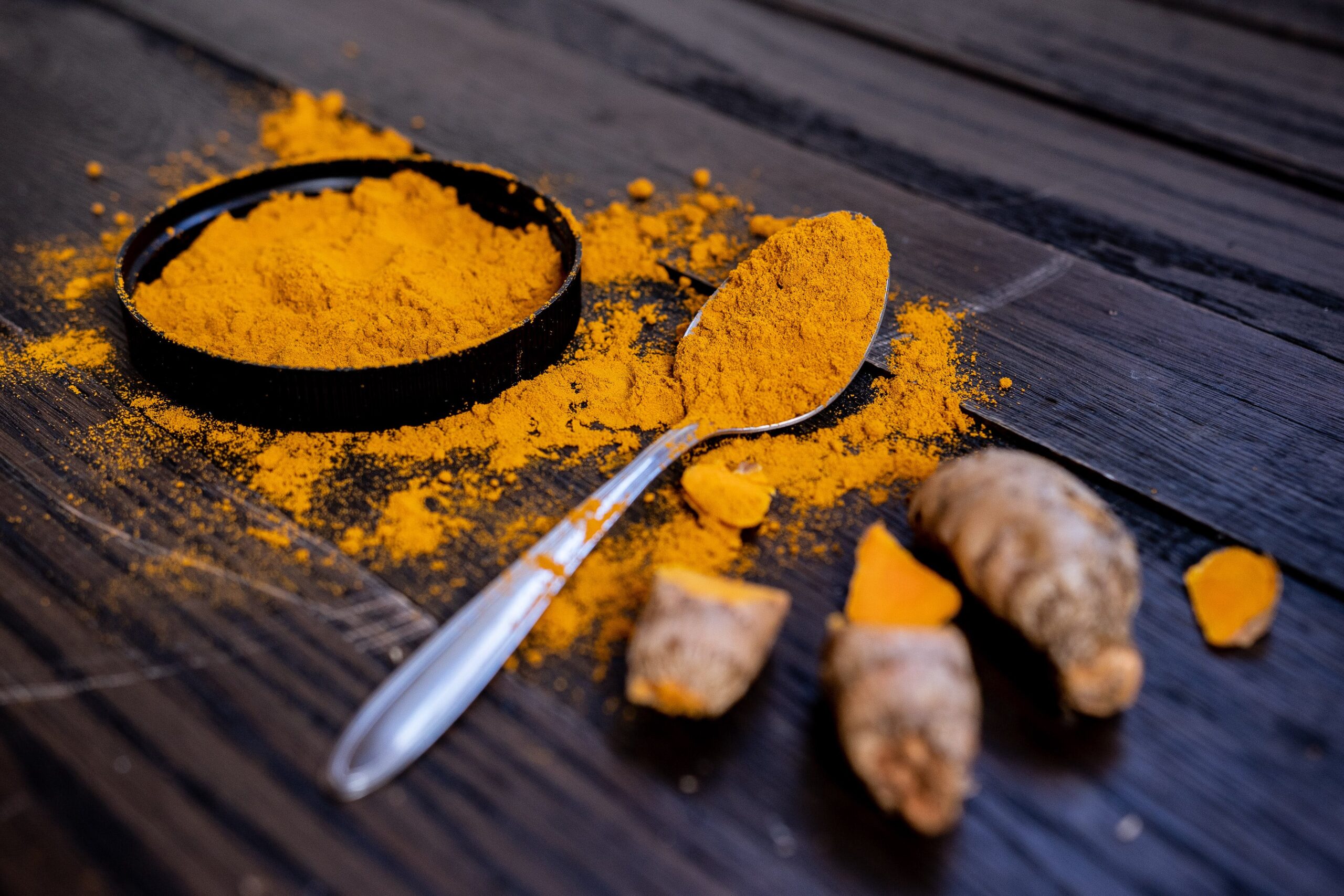
The vibrant spice, turmeric, contains curcumin, a potent anti-inflammatory compound. It’s a natural remedy for joint pain, digestive issues, and even has potential anti-cancer properties. Additionally, it’s a popular ingredient in face masks for brightening and combating acne.
4. Coconut Oil
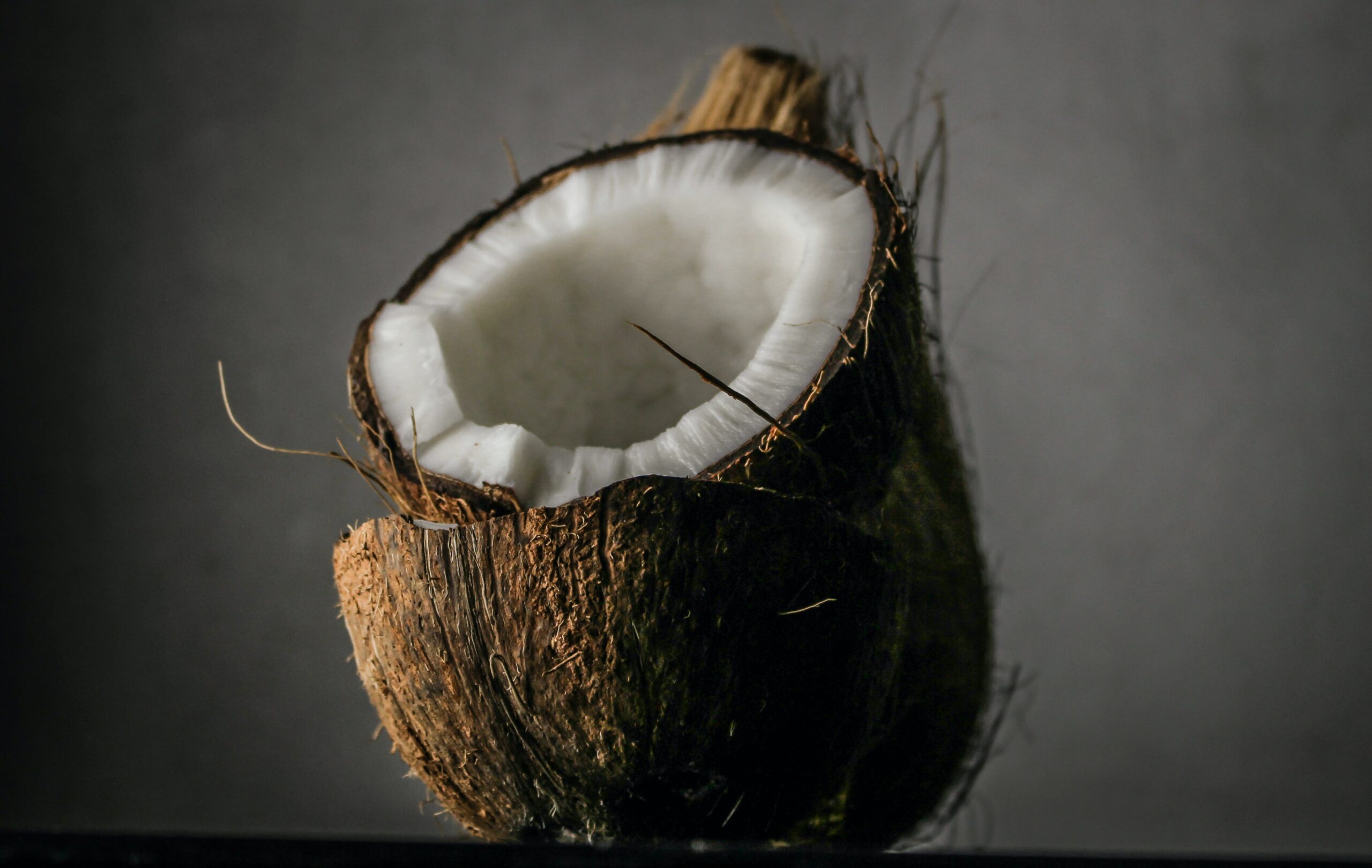
Versatile and multi-beneficial, coconut oil is a jack-of-all-trades. It moisturises hair and skin, serves as a makeup remover, and can even be used as a mouthwash in oil-pulling for oral health.
5. Apple Cider Vinegar
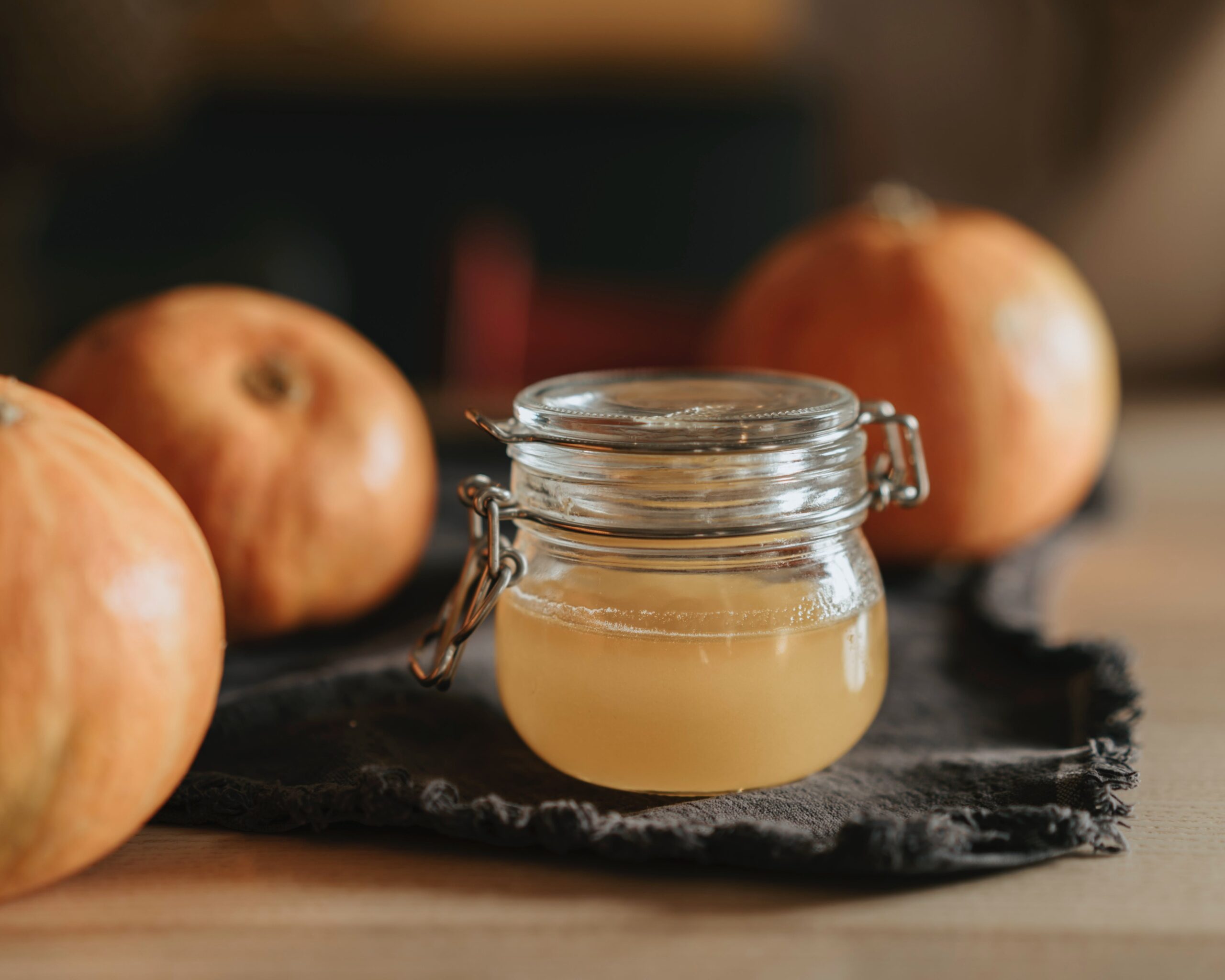
With its acidic properties, Apple cider vinegar helps balance pH levels, aiding digestion, skin toning, and even as a natural hair conditioner. It’s a powerhouse in DIY remedies for conditions like dandruff and indigestion.
6. Tea Tree Oil
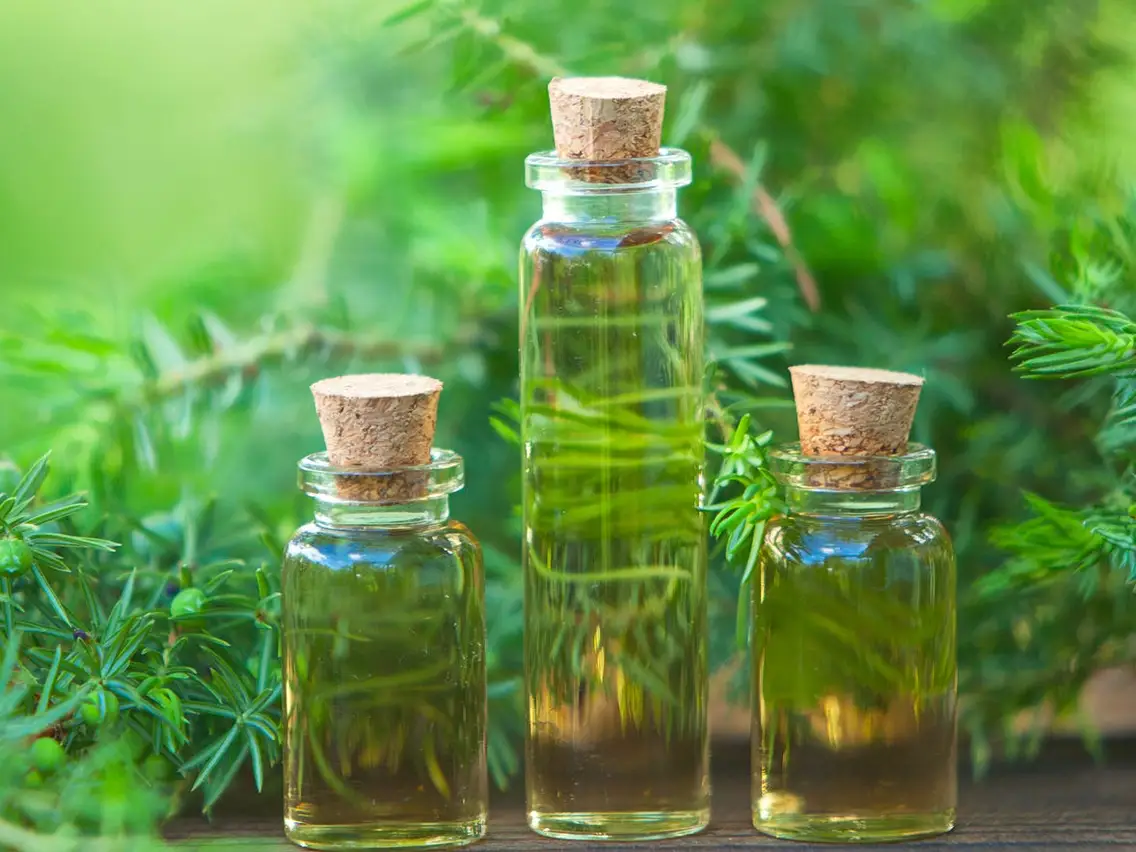
This essential oil is a potent antiseptic. It’s commonly used to treat acne, fungal infections, and even as a natural deodorant. Diluted with a carrier oil, it’s a great addition to skincare routines.
7. Epsom Salt
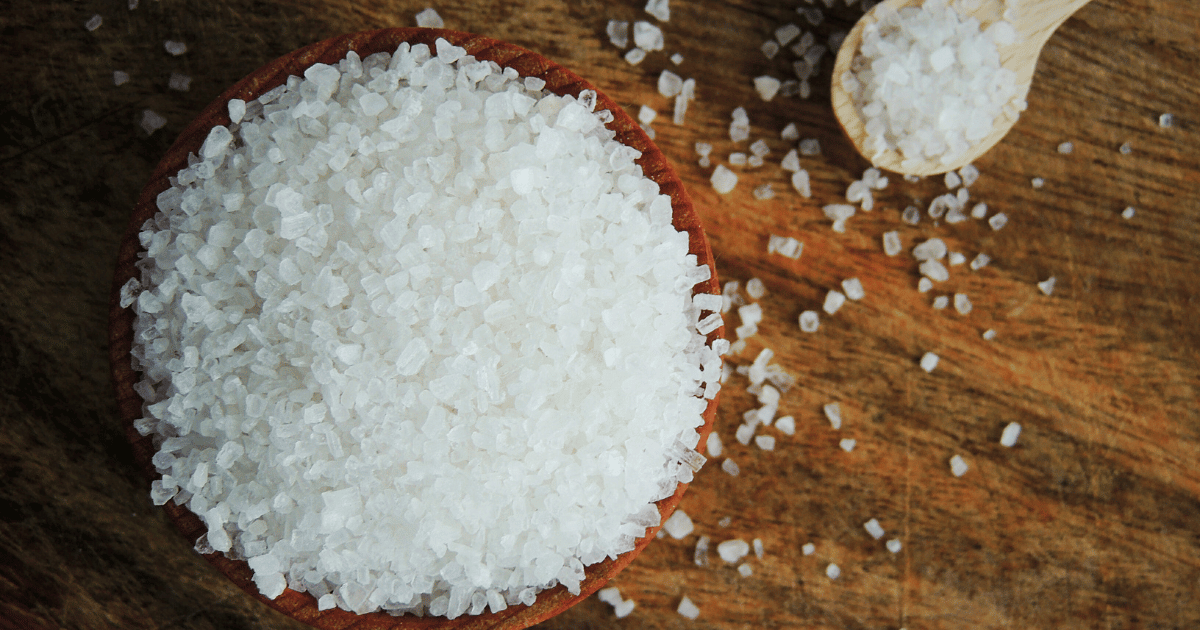
Rich in magnesium, Epsom salt is a classic remedy for muscle soreness and stress relief. Adding it to a bath helps relax muscles, detoxify the body, and soothe skin irritations.
8. Lavender
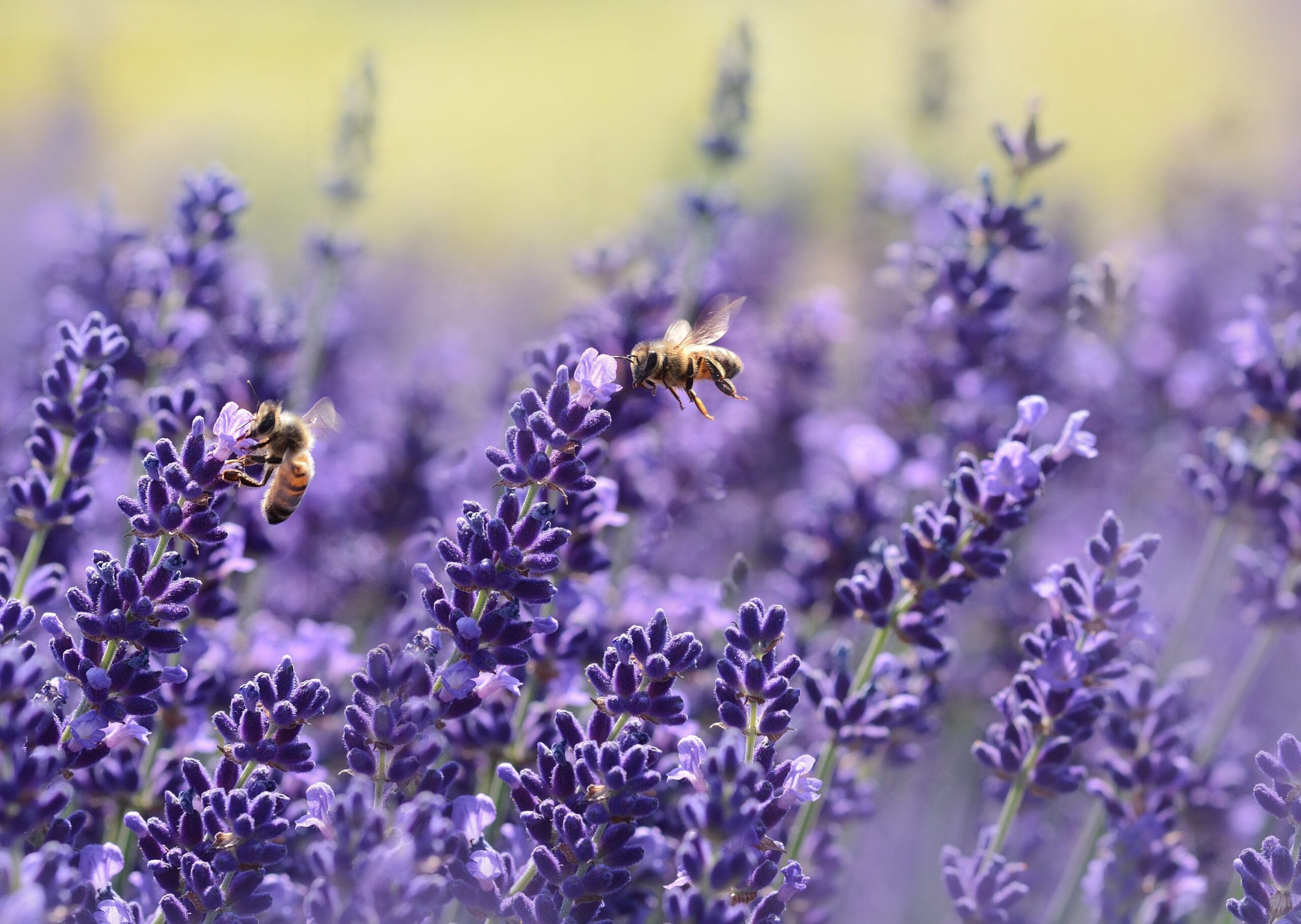
Known for its calming properties, lavender essential oil is a natural remedy for anxiety, insomnia, and headaches. Its soothing scent makes it a popular choice for aromatherapy and relaxation.
9. Oatmeal
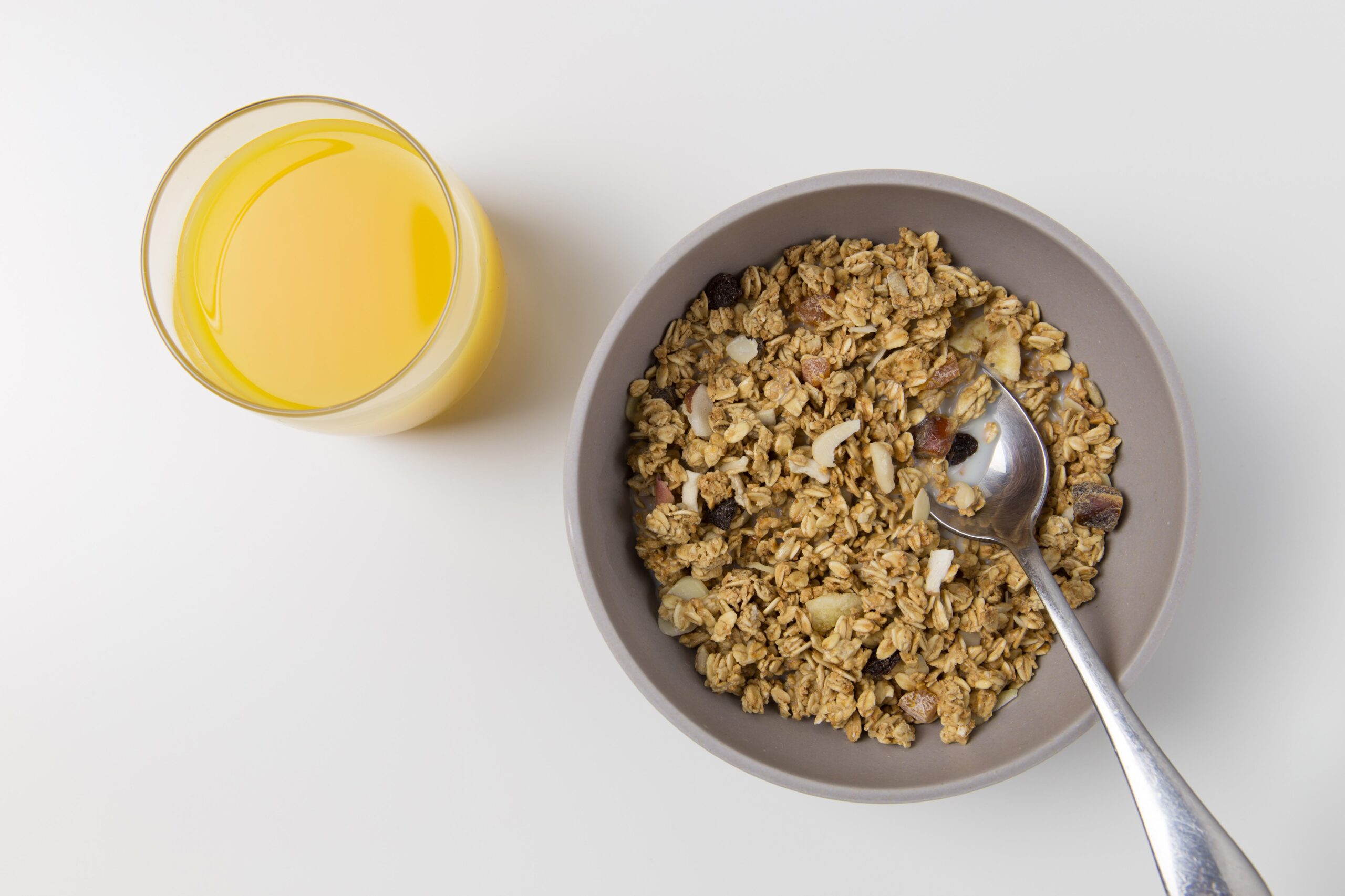
Oatmeal isn’t just for breakfast; it’s a skincare superhero. Its anti-inflammatory properties make it ideal for soothing skin conditions like eczema and sunburn. Oatmeal baths can also relieve itching and irritation.
10. Witch Hazel

This astringent, derived from the witch hazel shrub, is an effective toner and cleanser for the skin. It helps reduce inflammation, soothes irritation, and can even aid in treating haemorrhoids.
11. Ginger
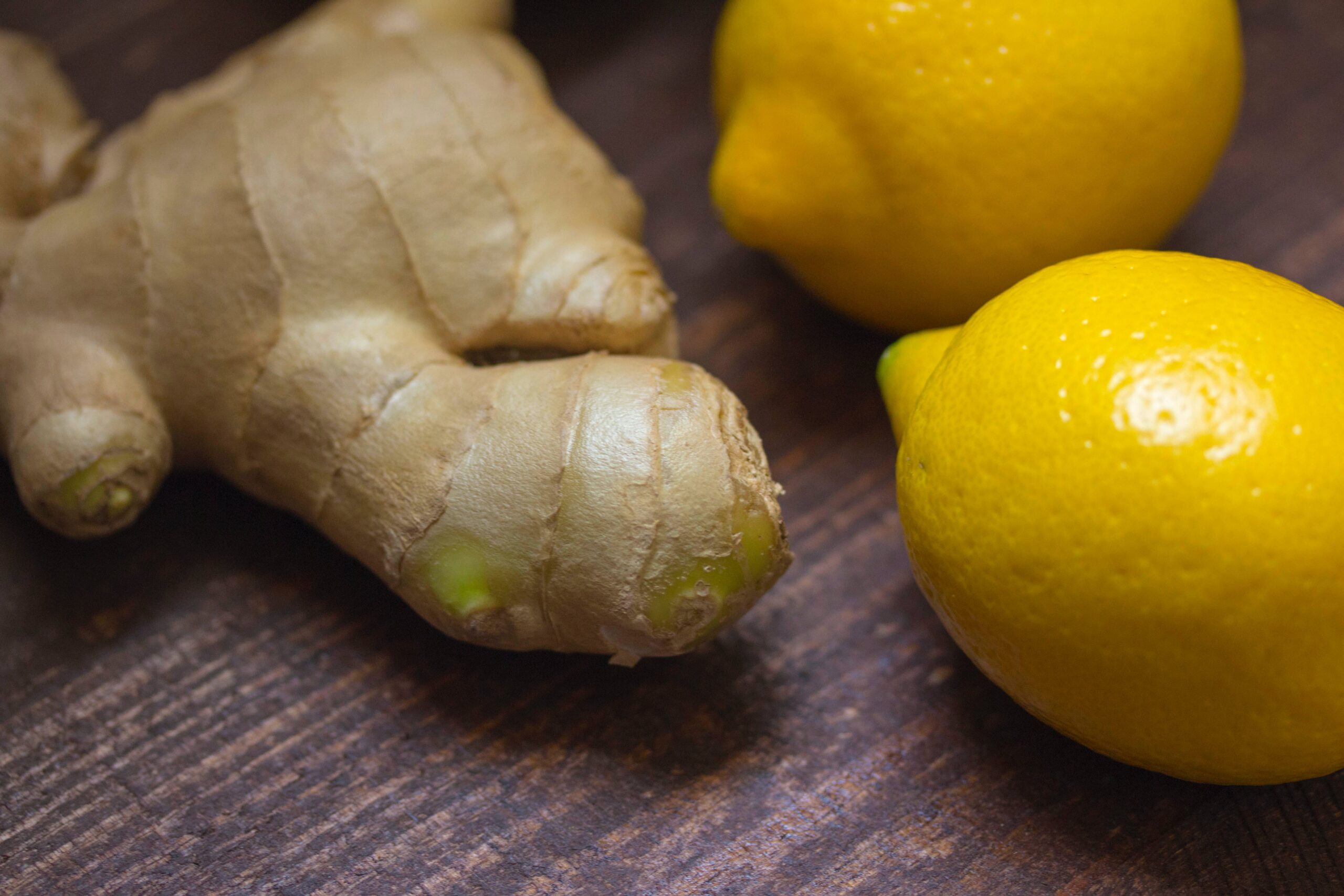
Ginger isn’t just for spicing up meals; it’s a natural remedy for nausea, indigestion, and menstrual pain. Its anti-inflammatory properties also make it a popular choice for soothing sore muscles.
12. Lemon

The acidic properties of lemons make them a versatile ingredient. They’re used for skin brightening, aiding digestion, and their vitamin C content boosts the immune system.
Harnessing Nature’s Bounty
While these natural ingredients offer numerous benefits, it’s crucial to use them mindfully. Patch tests for allergies and dilution with carrier oils are essential. Consulting healthcare professionals, especially for chronic conditions, is advisable.
DIY Home Remedies for Self-Care:
- Soothing Aloe Vera Gel: Mix aloe vera gel with a few drops of lavender oil for a calming, skin-soothing gel.
- Honey and Cinnamon Face Mask: Combine honey and cinnamon for an antibacterial face mask to combat acne.
- Turmeric Golden Milk: Prepare a warm drink with turmeric, coconut milk, and a dash of black pepper for a comforting anti-inflammatory beverage.
- Apple Cider Vinegar Hair Rinse: Dilute apple cider vinegar with water for a hair rinse to restore pH balance and add shine.
- Tea Tree Oil Spot Treatment: Mix tea tree oil with a carrier oil and dab it on acne spots for its antiseptic properties.
Conclusion
Nature’s remedies offer a holistic approach to self-care, tapping into the healing powers of natural ingredients. Integrating these elements into your self-care routine can foster a deeper connection with nature while promoting overall well-being. However, individual experiences may vary, and it’s essential to respect personal sensitivities and consult professionals when needed.
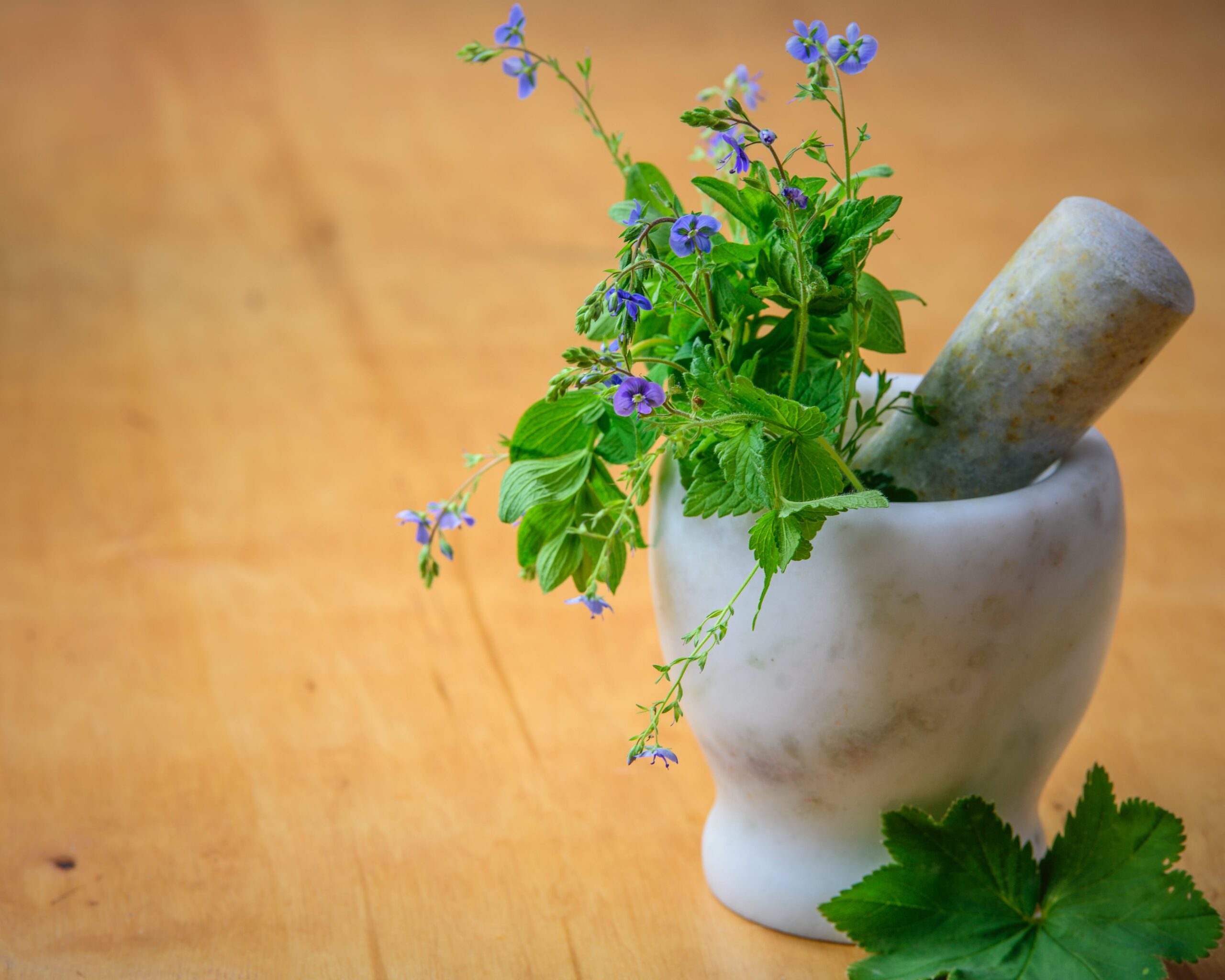
As we journey towards a more sustainable and mindful way of living, the beauty of these natural ingredients lies not just in their effectiveness but in their harmonious alignment with the environment. Embracing these remedies celebrates the profound connection between humanity and the natural world.
Also Checkout – Top 6 Healthy Recipes for Weight Loss
